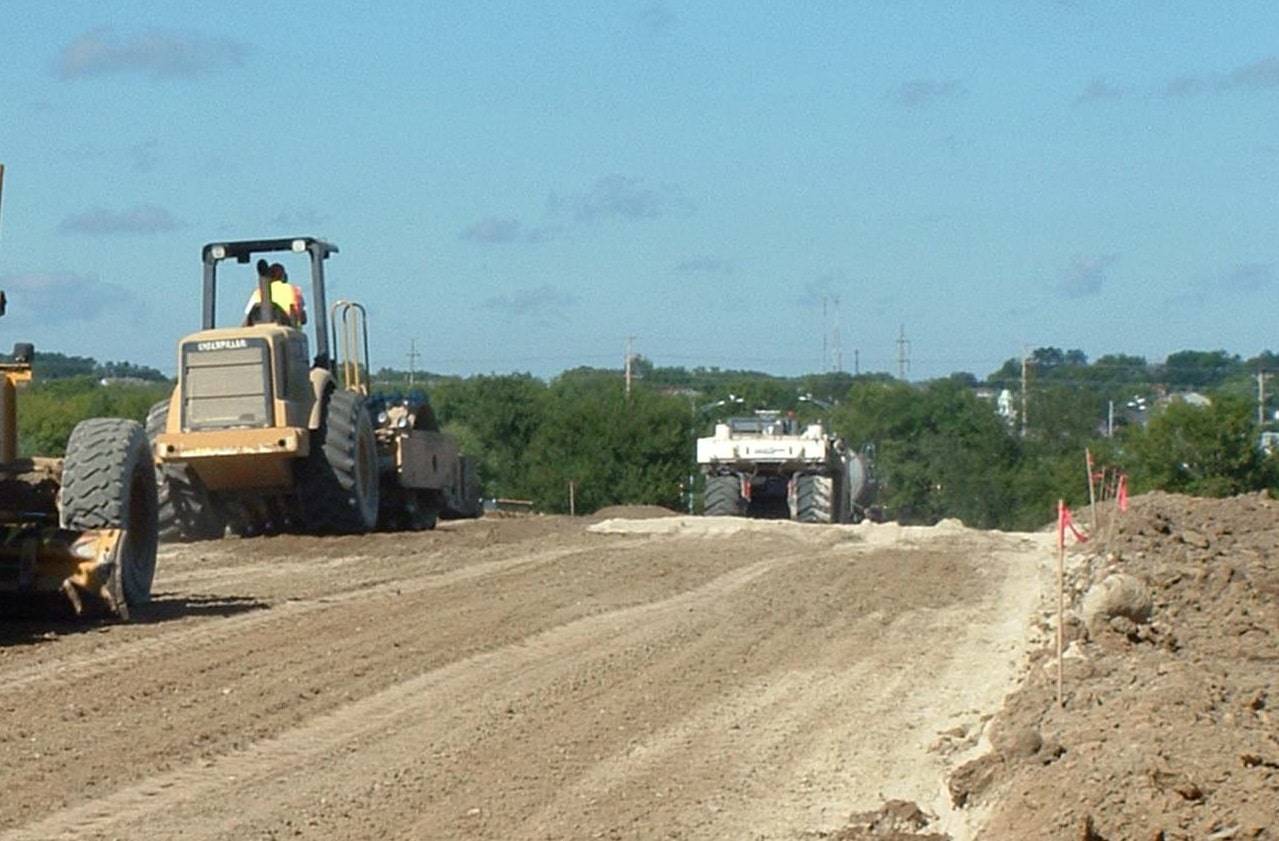
The ministry's directives were issued in June 2021, yet top soil is still being used in the majority of NHAI projects in Punjab. According to the Punjab State Power Corporation Limited (PSPCL), several thermal power plants in Punjab generate 50-55 lakh tonnes of fly ash per year and another 10-12 lakh tonnes of wet ash.
Nevertheless, Sandeep Bahl, Head Engineer of the Punjab Pollution Control Board (PPCB) Patiala zone, stated that several difficulties concerning the transportation of fly ash from thermal power plants remain unresolved.
"Vehicles in which fly ash will be transported need to be thoroughly covered so that it doesn't cause difficulty for the areas from which the trucks are passing. It is the obligation of the generators of fly ash to make suitable disposal arrangements for fly ash. The trucks' tyres must also be properly cleaned before they leave the thermal plant," he said, adding that talks are being held to address these difficulties, after which only fly ask will be utilized.
In 2021, the MoEFCC published a notification advocating the conservation of topsoil and natural resources through the use of fly ash in road construction. According to the announcement, all agencies participating in construction activities within 300 kilometres of lignite or coal-based thermal power plants must henceforth employ fly ash.
According to Jaskirat Singh, an environmental activist, the deviation from the notification is gravely harming Punjab's ecology by converting fertile agricultural area into bleak desert regions. "Despite multiple alerts and recommendations from the government, no action has been taken to prevent the menace of particularly prohibited topsoil removal," he stated.
According to a PSPCL officer, NHAI should be held liable for topsoil degradation. "NHAI should be directed to immediately start using fly ash in all road construction sites. Failing to comply with the order will result in sanctions,” according to the official.
“Meanwhile, when questioned, NHAI officials stated that they use fly ash between 20-30 kilometres of a thermal plant. We are dealing with the issue of carriage charges, which the PSPCL has yet to resolve. As a result, we are solely employing fly ash in nearby areas," an NHAI representative explained.
















